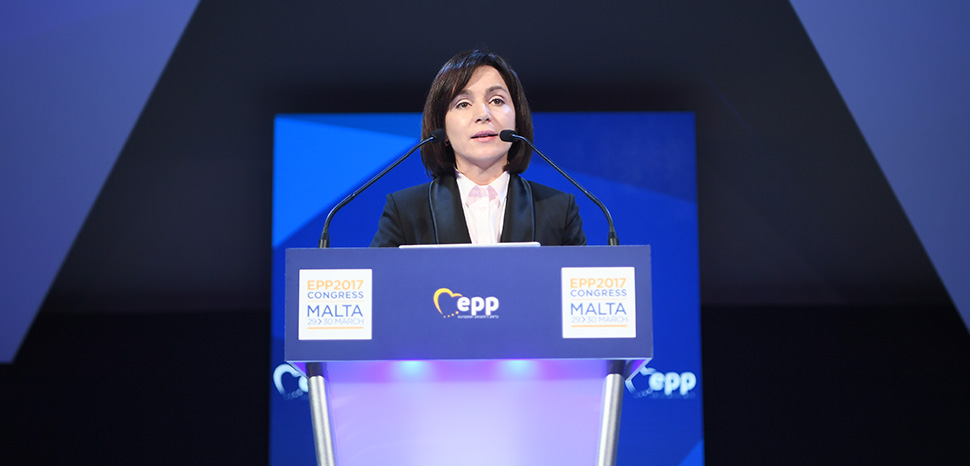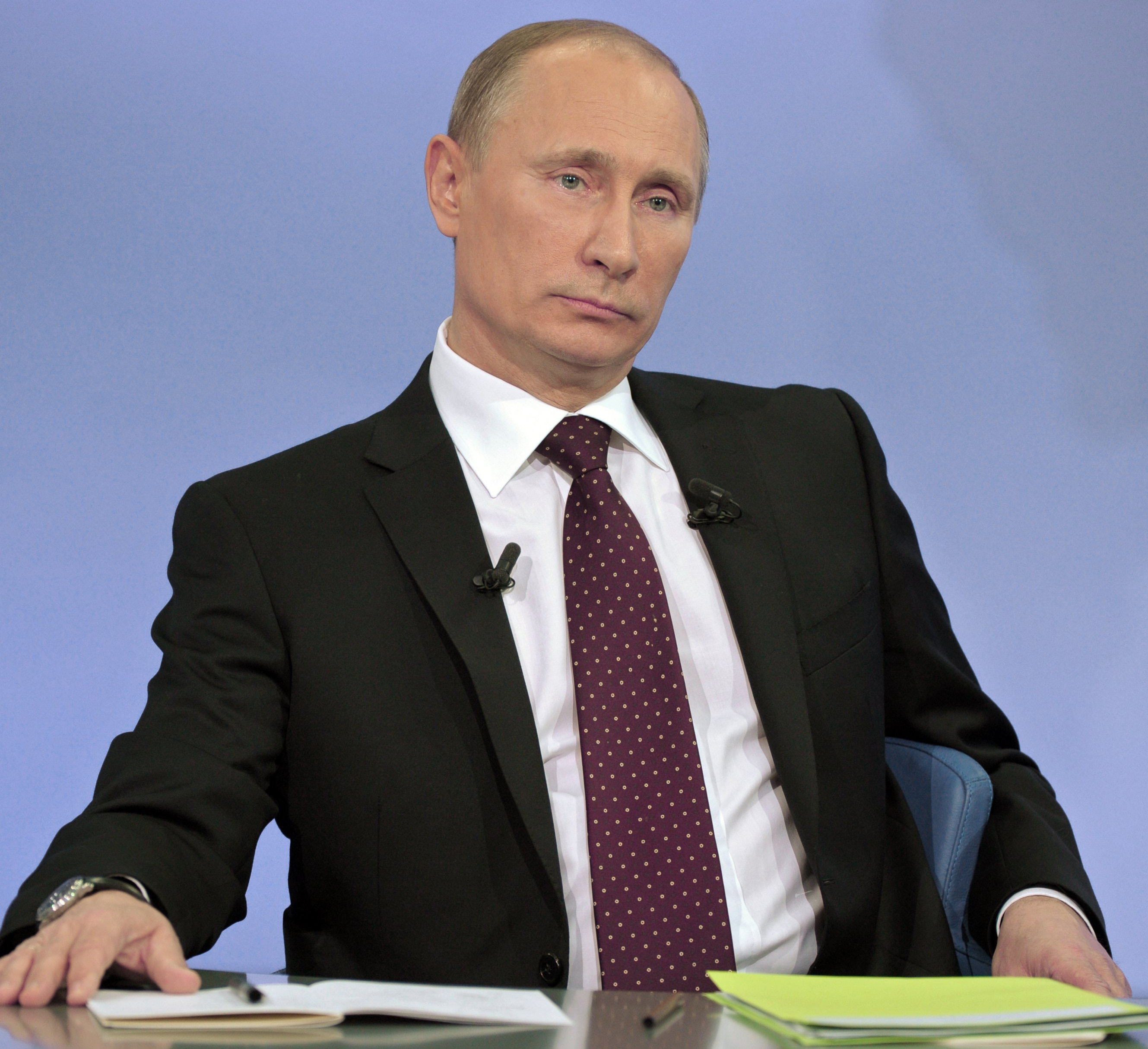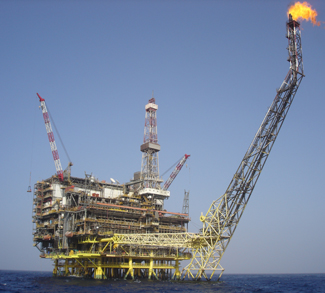There is a tendency to view the Republic of Moldova’s foreign policy as solely focused on Europe, the United States, or Russia. The Russian invasion of Ukraine and Moldovan President Maia Sandu’s decision to apply for European Union membership have tended to reinforce that idea. However, Chisinau has one vital partner that does not fall in either category: the Republic of Türkiye.
Gagauzia, The Bridge
Ankara maintains cordial relations with Gagauzia, a region in southern Moldova that has striven for greater autonomy. I will argue that this region is one of the pillars that sustains Moldovan-Turkish relations. The reason is that Gagauzia is inhabited primarily by the Orthodox Turkic-speaking Gagauz people and, in recent years, Ankara has sought to strengthen ties with Turkic states and populations to expand its influence. (A good example of this strategy is the Turkish government’s support for the Organization of Turkic States). Thus, since Gagauzia is part of Moldova, Ankara has also to approach and cement relations with Chisinau.
Visits by senior Turkish officials support this argument. For example, Congressman Mustafa Sentop, the speaker of Türkiye’s Grand National Assembly, visited Chisinau and met with President Sandu in September. Sentop also visited Comrat, Gagauzia’s capital, as part of his tour to Moldova. “We feel support; we are grateful that the Turkish leadership is not indifferent to what is happening here, and Türkiye always insists on improving relations between Chisinau and Comrat. This is important because we have been together for many years, but there are good times and less good,” said the Governor of Gagauz, Irina Vlah.
In a Facebook post regarding the visit, Vlah offered her “thanks for the support of the Republic of Türkiye, we are creating an ecosystem where our young people can live comfortably and not go abroad.” Moreover, she thanked Ankara for support towards preserving the Gagauz language, “the Gagauz language opens a wide window of opportunities for our people in the family of Turkic peoples,” she noted.
“The next objective is to raise relations to a higher level in each field, and it was emphasized that the Gagauz living in Moldova represent a bridge of friendship and cooperation between the two countries,” reported the Turkish state-run news agency TRT in February 2022. Among Turkish projects in Gagauzia are the ongoing construction of the Industrial College and completed repairs to a kindergarten. Invest Gagauzia, the region’s dedicated investment agency has previously noted the interest of Turkish companies like Vepemir to invest in the autonomous region.
Trade and Investment
The second pillar of Moldovan-Turkish relations is trade and investment. In the case of Moldova, during the January-October 2022 period, Türkiye was the 4th largest importer of Moldovan goods with 7.5% of all Moldovan exports, only after Romania (28.5%), Ukraine (15.5%), and Italy (7.9%). Apart from Romania, which has historically close relations with Moldova and Italy, every other EU member state imported fewer goods than Türkiye – Germany, 5.4%; Bulgaria, 3.7% and the Czech Republic, 2.3%.
Ankara is also an exporter to Moldova, ranking 5th overall during the above-mentioned period with 7.1%. The top four suppliers of imports are unsurprising: Romania (17.3%), the Russian Federation (13.3%), China (10.2%), and Ukraine (9.7%). In 2021, bilateral trade reached USD857.27 million. The Ukraine war and sanctions against Russia may foment greater trade between Ankara and Chisinau in the coming years. Indeed, in a 10 January virtual event at the German Marshall Fund, Moldova Foreign Affairs Minister Nicu Popescu noted that trade with Turkey has increased since the war commenced. The two governments signed a free trade agreement in 2014, which entered into force in November 2016.
“Total Turkish investments in Moldova are over $300 million and employ over 6,000 people. We will continue to encourage our businesspeople to invest in Moldova,” Turkish Ambassador to Moldova Gurol Sokmensuer said in late 2021. Turkish companies operating in Moldova include Summa Group, an international construction company; moreover, other Turkish companies have invested in Moldova’s Radisson Blu Leogrand Hotel, Medpark International Hospital, Shopping MallDova, Nefis, Crown Plaza Residential Complex, and Crown Plaza Park.
In late May 2022, Moldova’s Chamber of Commerce and Industry (CCI) hosted a delegation from Türkiye’s Foreign Economic Relations Board (DEIK) Türkiye-Moldova. “I invite the entire business community from Türkiye to invest in the Republic of Moldova. We offer business opportunities in several economic fields, such as energy – as a priority sector – environmental protection, agriculture, construction, etc. The CCI … is an extremely useful dialogue partner when it comes to bringing together the business communities of the two countries at the same table,” said the President of the CCI, Sergiu Harea. The two entities discussed potential Turkish investment in energy efficiency, water and sewage, construction, and agriculture.
Is Energy the Future Pillar?
According to Moldovan government data, “in January-October 2022, compared to the corresponding period in 2021, imports of oil, oil products, and related products increased (2.4 times, due to increased deliveries from Romania, India, Bulgaria, Türkiye, Greece, and Israel).”
Increased gas transfers from Türkiye to Moldova is a scenario that cannot be overlooked. Moldova is 100% dependent on Russian gas for heating; in recent years, Moscow and Gazprom have “punished” Moldova by sometimes decreasing gas deliveries, which has affected heating prices. Since the Ukraine war commenced, Chisinau has looked to diversify its energy strategy by seeking new suppliers of gas and oil (In other commentaries, I have argued that we are witnessing the creation of President Sandu’s energy diplomacy, given the plethora of meetings she had had with other heads of state about this issue).
It is too early to tell if Moldova will increase energy exports from Türkiye, but it is worth noting that Turkish pipelines can reach Moldova through Romania. “We should cooperate in the field of energy. Romania, Moldova, and Bulgaria require natural gas. Türkiye works jointly with Azerbaijan to meet this demand,” said Turkish Minister of Foreign Affairs Mevlut Cavusoglu at a joint press conference with Moldovan Minister Popescu on 7 December 2022. Should Ankara and Moldova (and maybe Azerbaijan, a vital energy producer) secure an energy deal at this critical time for Moldova’s future, energy would become a third pillar of this relationship.
Diplomacy and People-to-People Relations
High-level interactions remain somewhat limited between the two countries. Presidents Maia Sandu and Recep Tayyip Erdoğan held a telephone conversation in early March 2022. However, the two leaders have not met in person since then.
Apart for the Cavusoglu-Popescu meeting in December, the other most senior meeting between the two governments was the September 2022 visit by Congressman Sentop to Chisinau, where he met with President Sandu. A 3 February 2022 press release by the Moldovan Ministry of Foreign Affairs to celebrate 30 years of Moldovan-Turkish relations noted, “we reiterate our gratitude for the continuous assistance provided to our country in the past decades by the Republic of Türkiye and reaffirm our interest in multidimensional advancement in bilateral cooperation for the benefit of both peoples.” Despite the cordial nature of recent meetings, given Chisinau’s current focus in Brussels and dealing with Russia, we are not witnessing the creation of a Moldovan-Turkish special relationship.
As for defense relations, due to the Moldovan Ministry of Defense’s limited budget, the acquisition of new equipment is very sporadic and limited. On the other hand, Türkiye has opened the doors to military institutions to educate and train Moldovan military personnel.
Finally, it is crucial to mention people-to-people relations. Moldova has a population of 2.5 million, with a significant diaspora: many Moldovans have moved to Romania, and often obtain dual citizenship. In addition, Moldovans live in Italy, Spain, and Germany. Moreover, many Moldovans have migrated to Türkiye, and apart from an embassy in Ankara, Chisinau also opened a consulate in Istanbul. (A flight from Istanbul to Chisinau can take around one hour).
The 2018 Teacher Scandal
There has been one noteworthy incident in this otherwise cordial relationship. In 2018, Moldova deported seven Turkish teachers who worked at the Liceul Orizont school, which had alleged links to the “US-based Muslim cleric Fethullah Gulen, whom Türkiye blames for the thwarted 2016 coup attempt against President Erdogan.” (The case has gone to the European Court of Human Rights). Several teachers were convicted to prison sentences ranging from seven to 12 years. Chisinau’s controversial decision attracted domestic and international criticism, as it appeared that the Moldovan government preferred protecting its partnership with Ankara rather than preserving the liberty and human rights of the teachers.
Moreover, in 2014, Gagauzia held a controversial and illegal referendum to reject Moldova’s decision to sign a trade agreement with the European Union.
Conclusions
The new year begins with foreign and domestic challenges for the Republic of Moldova. Top among all is the future of the war in Ukraine and how it will impact Moldova politically, economically, and even regarding energy security. While Chisinau is focused on obtaining membership in the European Union, the country has a vital non-EU partner, Türkiye. Over the past three decades, Chisinau and Ankara have developed relatively strong relations with Gagauzia, trade, and investment being the pillars. Ankara-Chisinau relations will not evolve into the “special relationship of the Black Sea”; however, both sides have much to gain from maintaining this friendship.
Wilder Alejandro Sánchez is president of Second Floor Strategies, a consulting firm in Washington, D.C. He is an analyst that monitors defense, geopolitical and trade issues in the Western Hemisphere, Eastern Europe, and Central Asia. He has monitored Moldovan affairs for over a decade.
The views expressed in this article belong to the authors alone and do not necessarily reflect those of Geopoliticalmonitor.com.




